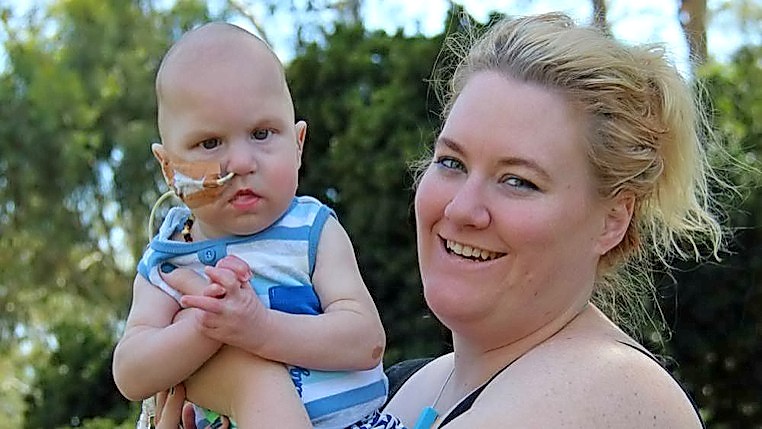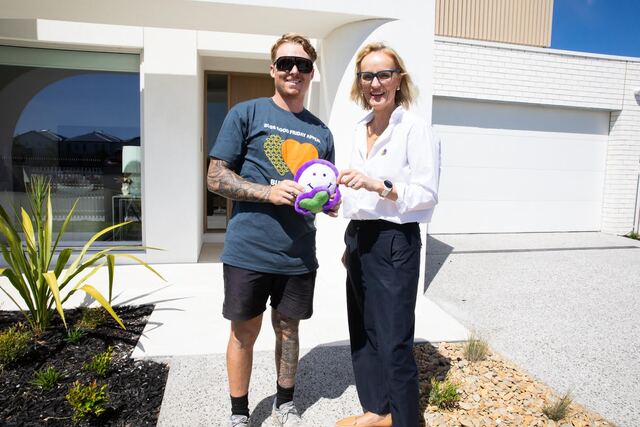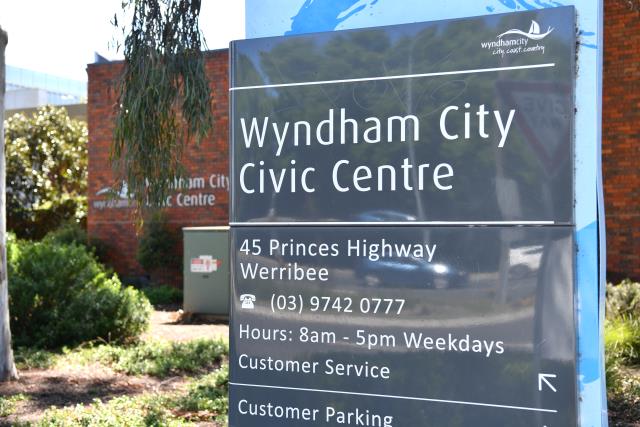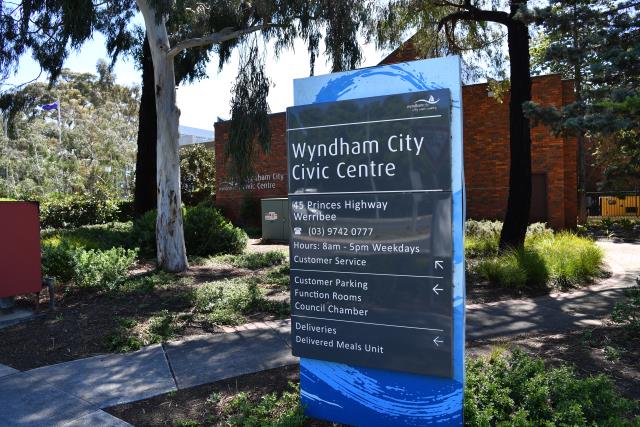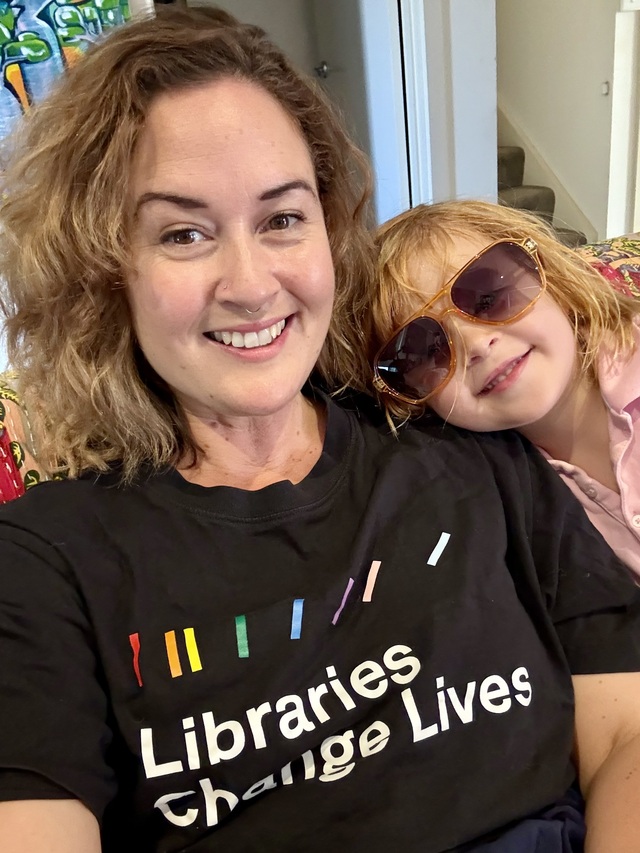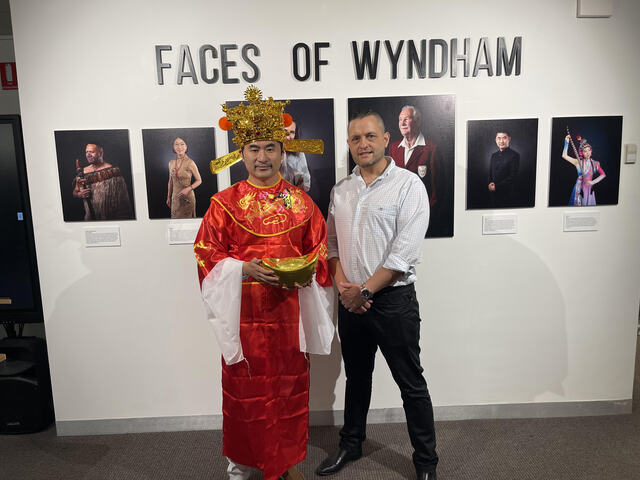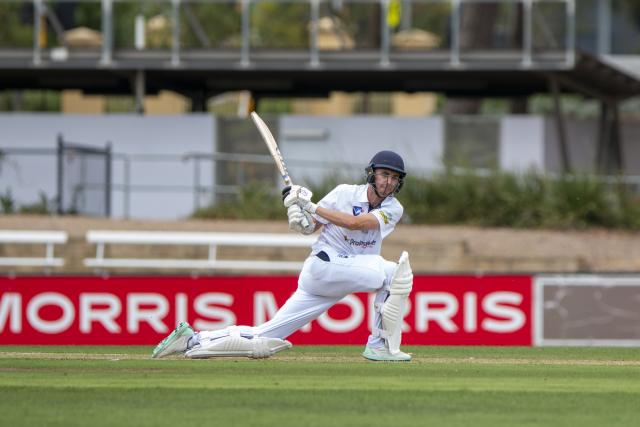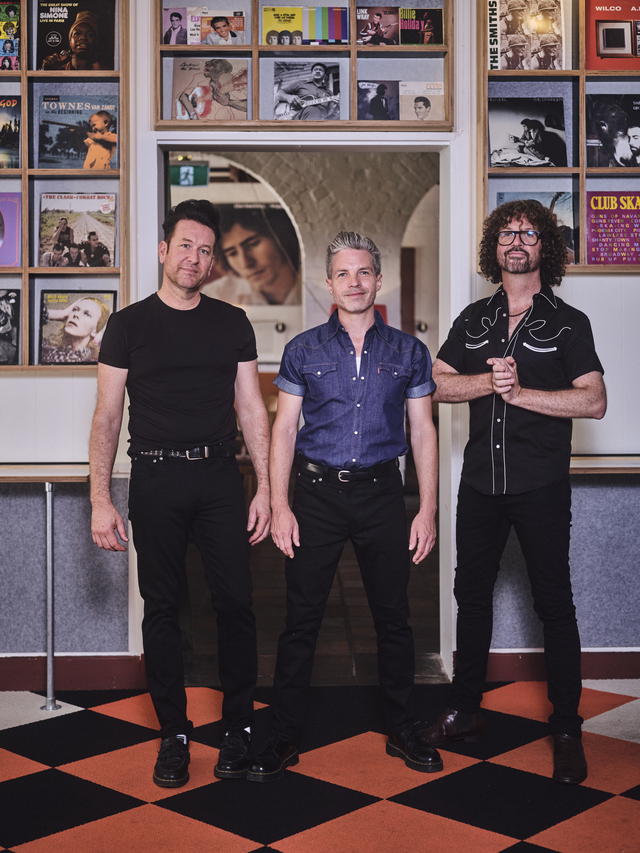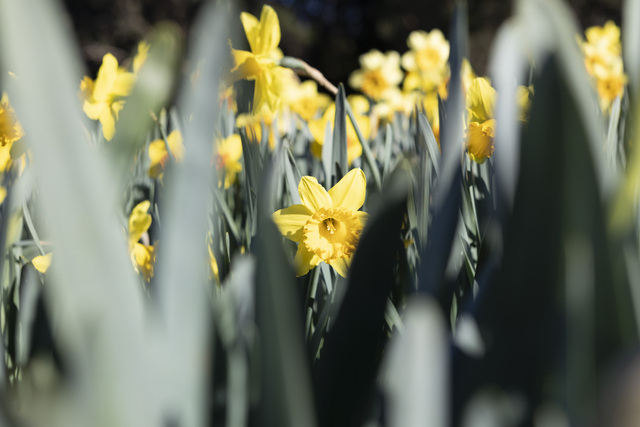When Jagger Angelov smiled for the first time, his parents were moved to tears.
The one-year-old from Werribee has a disorder of the corpus callosum, where the largest connection between the brain’s two hemispheres is missing or malformed.
Parents Todd Angelov and Alicia Eggington were told before Jagger’s birth that he would be born with a partial or absent corpus callosum.
Sufferers’ vision and hearing are affected, as is their ability to walk and talk. They were advised to undergo medical testing and were given the option of terminating the pregnancy.
But they decided against both options, preferring to wait until Jagger was born to see how the condition would affect him.
Mr Angelov said the couple prepared themselves for the reality that Jagger would have some learning disabilities.
Jagger spent a month in the intensive-care unit at the Royal Children’s Hospital, where doctors discovered he also had a partial thyroid, a condition that affects, on average, 70 Australian babies a year.
Jagger has since also been diagnosed with cerebral palsy.
“Jagger is not like other kids. He’ll never walk,” Mr Angelov said.
“His head isn’t very stable, he can’t crawl and he will most likely be blind. But he’s smiling and happy.”
Because of his condition, Jagger recently spent time in hospital undergoing surgeries to improve his quality of life.
“He’s going through a big journey and it’s only just the beginning,” Mr Angelov said. “We’re trying to give him the best life he can have.”
Jagger celebrated his first birthday last week on what was the first national Corpus Callosum Awareness Day. It’s an initiative of support group Australian Disorders of the Corpus Callosum, headed up by Seaholme mother Maree Maxfield.
Mr Angelov said that without the group, the family would be “under a rock”.
“Jagger has a massive Australian corpus callosum family,” he said. “We’re always in contact with the other mums and they have so much information to pass on to us.”
Details: www.ausdocc.org.au

